News
-
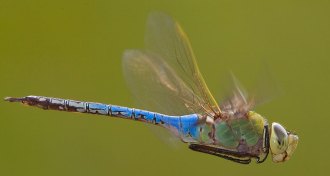 Animals
AnimalsGreen darner dragonflies migrate a bit like monarch butterflies
Some dragonflies do a north-south annual migration that takes at least three generations.
By Susan Milius -
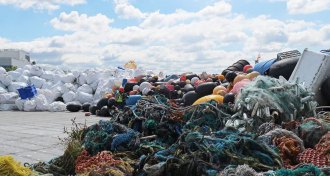 Environment
Environment4 ways to tackle ocean trash besides Ocean Cleanup’s broken system
Here are three approaches to reducing ocean pollution that might be more effective than a controversial plan to fish trash out of the Pacific.
-
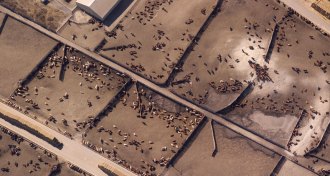 Environment
EnvironmentSatellites make mapping hot spots of ammonia pollution easier
There’s a more accurate way to estimate ammonia emissions.
-
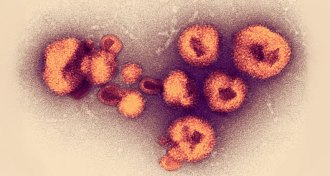 Health & Medicine
Health & MedicineDNA tests of Lassa virus mid-outbreak helped Nigeria target its response
New technology for analyzing genetic data quickly in the field guided how Nigeria dealt with an outbreak of Lassa fever in 2018.
-
 Agriculture
AgricultureA new way to genetically tweak photosynthesis boosts plant growth
A new chemical road map for a process called photorespiration in plant cells could reduce energy waste to increase plant productivity.
-
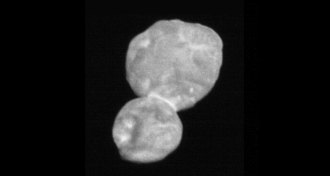 Planetary Science
Planetary ScienceNew Horizons shows Ultima Thule looks like a snowman, or maybe BB-8
Ultima Thule’s snowmanlike shape shows the New Horizons target was probably two space rocks that got stuck together.
-
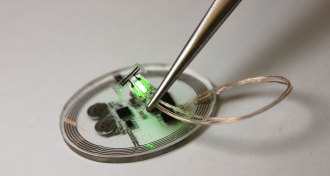 Health & Medicine
Health & MedicineA new implant uses light to control overactive bladders
Experiments in rats show that a new soft device could help alleviate frequent, sudden urges to urinate.
-
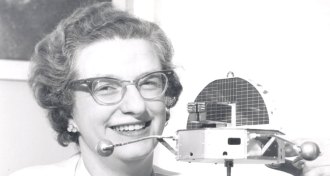 Astronomy
AstronomyKnown as the ‘mother of Hubble,’ astronomer Nancy Roman dies at 93
Astronomer Nancy Roman, the “mother of Hubble,” has died.
-
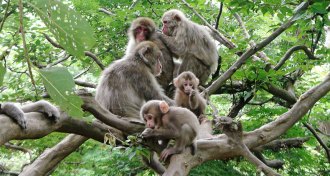 Animals
AnimalsMacaques take turns while chattering
Japanese monkeys take turns while communicating. Adjusting response times while chattering, macaques intentionally pause like humans do when chatting.
By Katie Brown -
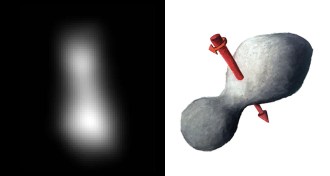 Planetary Science
Planetary ScienceLive updates: New Horizons’ flyby of a distant Kuiper Belt object
The New Horizons spacecraft is ready for the most distant close flyby of a rocky object in the solar system, a rocky body called MU69 or Ultima Thule.
-
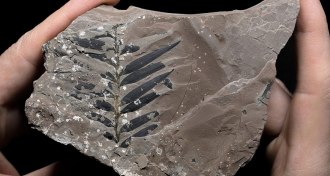 Paleontology
PaleontologyMore plants survived the world’s greatest mass extinction than thought
Fossil plants from Jordan reveal more plant lineages that made it through the Great Dying roughly 252 million years ago.
-
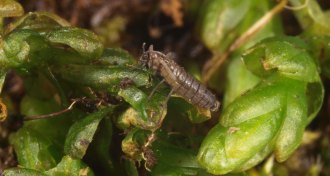 Animals
AnimalsInvasive asexual midges may upset Antarctica’s delicate moss banks
Fast-multiplying insects with earthworm powers have invaded Antarctica, and scientists are worried about how their waste could affect the continent.
By Susan Milius